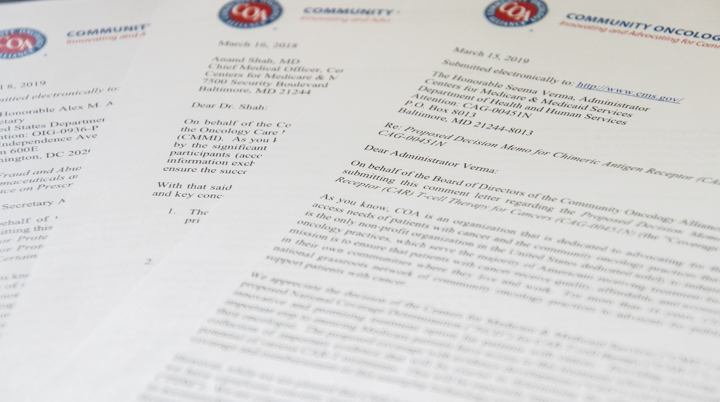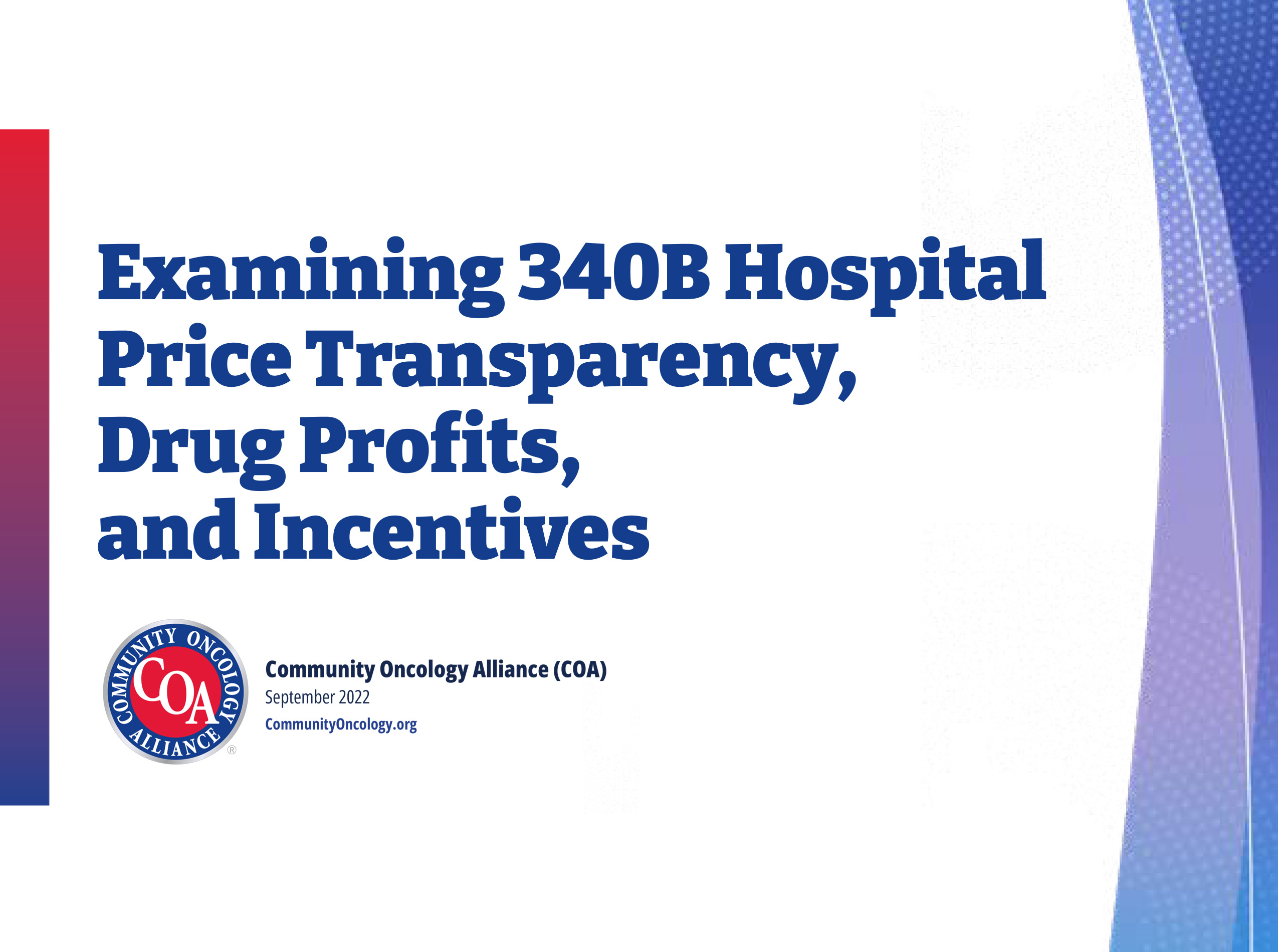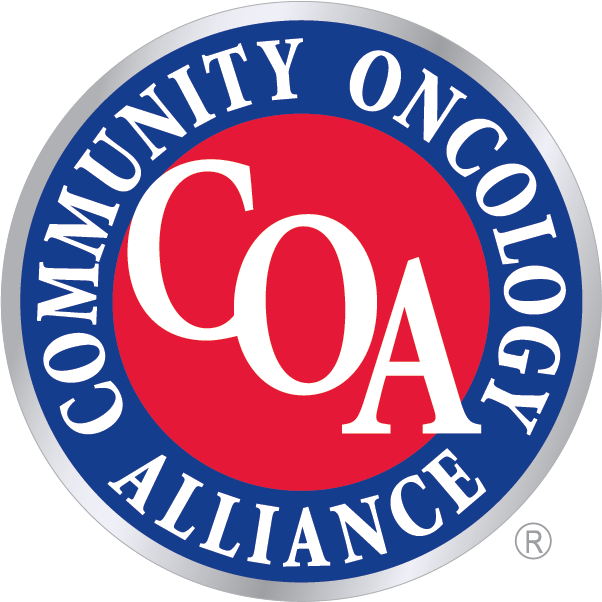Senate Letter to FTC on Status of PBM Investigation
October 6, 2022 The Honorable Lina Khan Chairwoman Federal Trade Commissioner 600 Pennsylvania Avenue, N.W. Washington, D.C. 20580 Dear Chair Khan, We support the Federal Trade Commission’s (FTC) issuance of a Section 6(b) order and conducting a study of pharmacy benefits managers’ (PBM) business practices. In your recent participation before the Subcommittee on Competition



